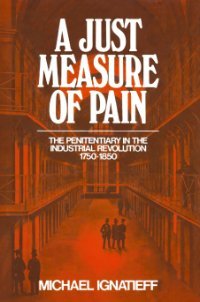By Harry Annison and Thomas Guiney, with assistance from Zoë Rubenstein
Moments of crisis and scandal are an ever-present feature of the political cycle and the decisions taken in the heat of the moment can, and frequently do, have consequences and policy legacies that last for decades. The neat distinction sometimes drawn between ‘normal’ and ‘exceptional’ times is a convenient fiction that distracts us from how the criminal justice system operates.
This discussion paper, written by Harry Annison and Thomas Guiney, with assistance from Zoë Rubenstein, aims to shine a light on these important themes, and support those with a stake in the penal system to better understand the forces at work during these intense periods.
London: Prison Reform Trust, 2023. 27p.




